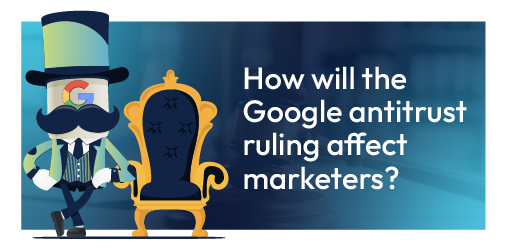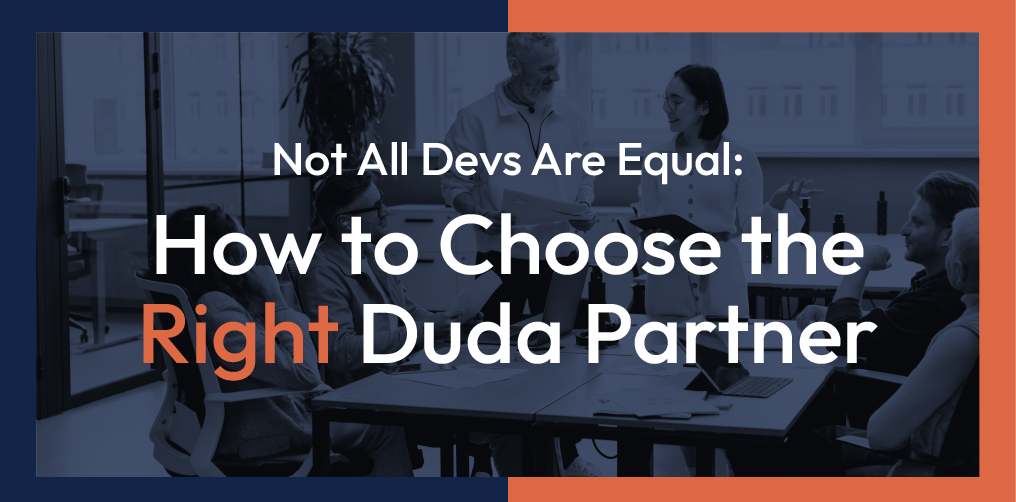How Will the Google Antitrust Ruling Affect Marketers?
“Do Not Pass Go, Do Not Collect $200”
Google’s Monopoly on Trial
Google’s monopoly ruling could disrupt search and digital marketing, altering how businesses attract customers and compete online. If regulators force Google to change its search practices, the impact could include shifting ad costs, evolving SEO strategies, and new competitors gaining traction.
Key Takeaways:
- Google’s Monopoly Status: A federal court ruled that Google maintained its dominance unfairly, primarily through exclusive agreements that made it the default search engine on most devices.
- Potential Changes: The government may enforce measures like banning exclusive deals, requiring Google to share data, or even forcing the sale of Chrome. These changes could impact search rankings, advertising costs, and user behavior.

- SEO & Paid Search Disruptions: If search habits change and competition increases, businesses may need to optimize for multiple search engines, adjust ad spending, and focus on first-party data collection.
- New Search Competitors: Bing, DuckDuckGo, and AI-driven search engines may gain users if Google loses its default status, requiring businesses to diversify their marketing strategies.
- Preparing for the Future: Marketers should invest in multi-platform SEO, explore alternative ad networks, and strengthen direct customer relationships to stay competitive.
Google’s monopoly ruling could disrupt search and digital marketing, changing how businesses attract customers and compete online. If the tech giant’s grip on search weakens, it could open the door for new competition, shifting ad costs, SEO strategies, and how businesses reach customers online. As the digital space adjusts to new regulations and rising competitors, businesses need to rethink their strategies to maintain visibility and growth. However, one thing is for certain, with stakes this high and an uncertain future, businesses and marketers who pay attention now will be the ones who come out ahead.
Why Google’s Monopoly Matters
How Is Google a Monopoly?
For years, Google has been the gatekeeper of search, deciding what people see when they type in a query. But in 2023, a federal judge ruled that Google had unlawfully maintained this dominance, giving the government the green light to take action.
The issue? For years, Google secured its dominance through exclusive, multi-billion-dollar deals with major tech companies like Apple, Samsung, and Mozilla. These agreements made Google the default search engine on smartphones and web browsers, ensuring that most users never had to choose.
Beyond that, Google paid billions of dollars for prime search placement, effectively blocking rival search engines from gaining traction. In 2021 alone, Google spent $26.3 billion to maintain these deals, creating a system where even if a competitor built a better search engine, they would struggle to get in front of users.
The result? The Justice Department argued that this behavior was anti-competitive because it stifled innovation in search and limited consumer choice. Without real competition, there was little incentive for new players to enter the market, and consumers had fewer choices by default.
Google, of course, defended itself, claiming that users choose its search engine because it’s the best, not because they’re forced to. But the court saw things differently, ruling that these tactics went beyond fair competition and into monopoly territory. Now, regulators must decide how to undo the imbalance Google created.
So now, here we are. The ruling is in, and Google’s search monopoly is in the hot seat. The court’s decision on how to break it up could reshape how businesses get found online, how ads are bought, and how search itself works. And if history has taught us anything, it’s that when the biggest player is forced to play fair, the entire market shifts. The question is: who's ready for it?
The Uncertain Road Ahead
Google’s legal battle is far from over, and the road forward is filled with unknowns. The government has proposed sweeping changes, including:
- Forcing Google to sell Chrome to reduce its control over web browsing.
- Banning exclusive search agreements that automatically set Google as the default engine.
- Requiring Google to share search data with competitors for a decade.
The court is set to hear arguments in April 2025, with a final ruling expected by August. However, even after the court’s decision, Google will likely appeal, meaning the legal battle could stretch even further. Businesses and marketers should prepare for potential shifts but also expect a drawn-out process before any drastic changes take effect.
For marketers, this is a moment of uncertainty. If search rankings get reshuffled, will top-performing pages suddenly drop? If Google Ads pricing changes, will businesses see their costs rise—or fall? And if new search players emerge, will Google still be the first (and only) place brands need to optimize for?
What Marketers and Businesses Should Be Asking

We're glad you're enjoying this article!
Unlock exclusive insights—reserved just for you.
Get the full guide by signing up for our newsletter today. 📩 Subscribe now and gain access to expert strategies, industry trends, and actionable SEO insights straight to your inbox.
Looking for more organic website traffic?
Welcome to RivalMind. Our purpose is to help your business thrive. We are a digital marketing agency that offers SEO, PPC, Web Design, Social Media and Video Solutions as tools to our clients for online business development and growth.
Contact us today to get started!
Blog Contact Form
Connect with Us:




